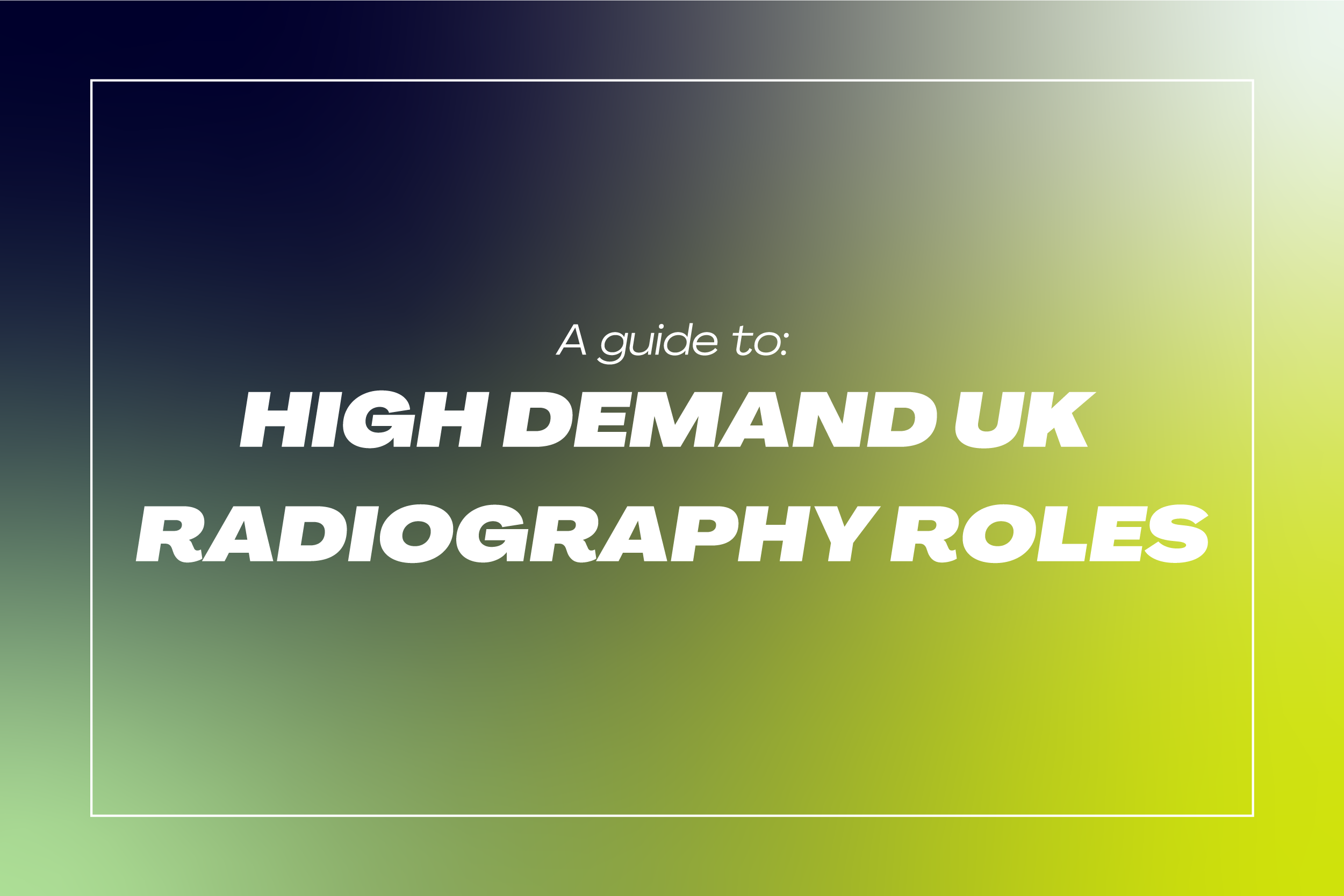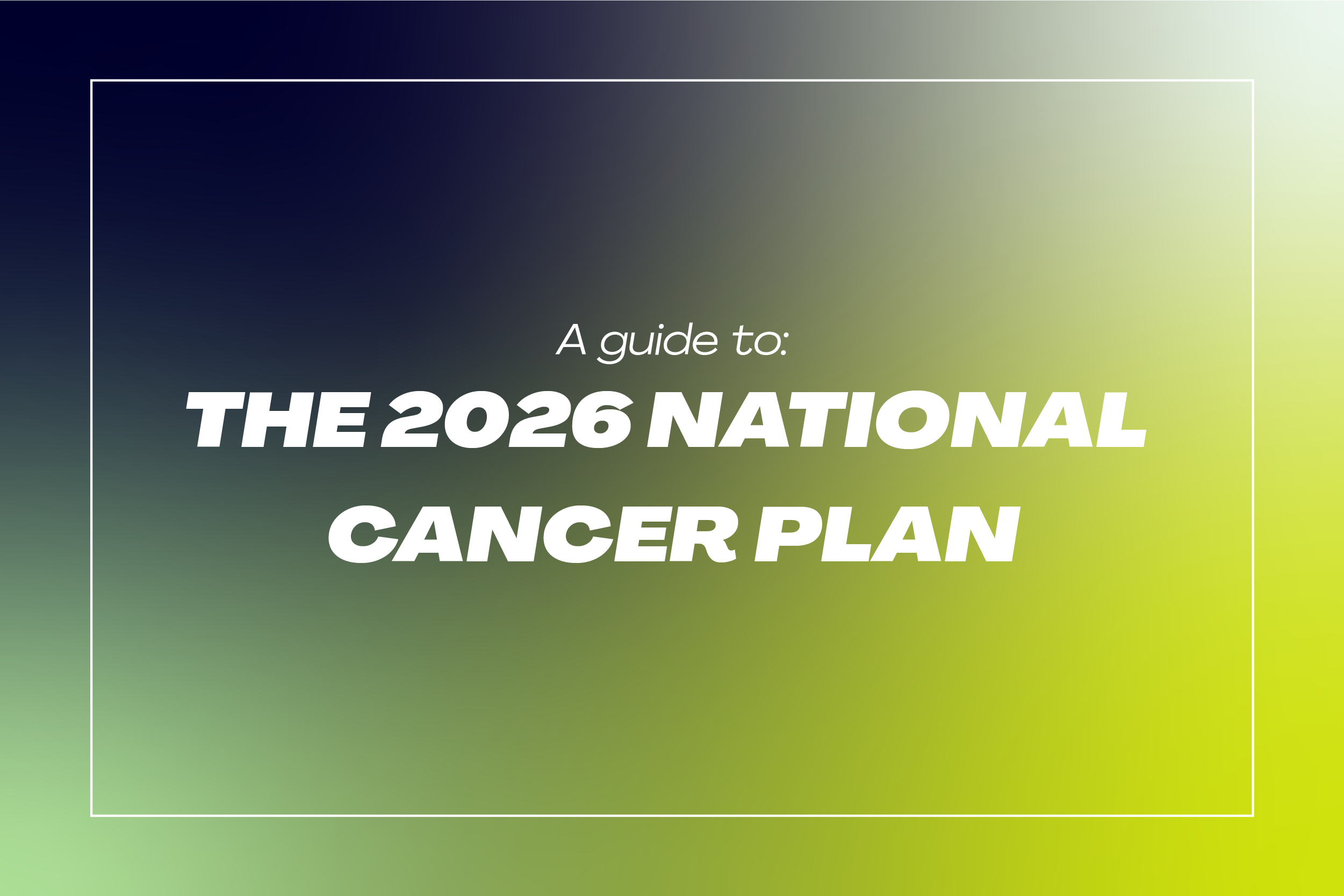World Health Day is arguably the biggest event in the healthcare calendar and this year's theme is 'Health For All'.
As a professional in the healthcare industry, it's easy to eliminate yourself from the equation when it comes to staying fit and healthy. After all, you look after the people who are sick or require high levels of care, so it goes without saying that you'd be healthy...right?
'Eating habits are bad'
You might be shocked to know that roughly half of the 1.3 million NHS workers are estimated to be overweight or obese and 80% of doctors and nurses don't eat beyond 1 or 2 meals a day. (Source: Royal Voluntary Service survey, 2016).
So, how important is it that healthcare workers stay...well, healthy? We asked Registered General Nurse, Sarah, why some nurses struggle to eat more than twice a day:
'We're working on busy wards with a heavy workload, so sticking to set meal times is extremely difficult and eating habits are bad. You can't take food into clinical areas, so it's also challenging to snack on the go. That's why lots of nurses choose quick-fix food, high in sugar, and lots of caffeine to get them through the day.'
Find 7 quick and healthy recipes to help you refuel for your next shift!
Sarah went on to explain why it's so important that healthcare workers look after their health too:
'We can't give patients the high levels of care they need if we're not looking after our own bodies. Healthcare workers should also be ready for the challenges that their environment can present with a 'fresh head'. By staying healthy and strong, they can complete long shifts with more energy.'
We also asked Sarah for her thoughts on why half of nurses are overweight or obese:
'I think a lot of it comes down to how nurses live. We’re tired a lot, which means quick convenience food is really appealing during and after long, exhausting shifts. It doesn't help that canteens in hospitals don't have enough healthy options or flexible opening times.'
Sarah said she'd like to see a senior member of staff brought in to ensure the wellbeing of staff and to make sure they take sufficient breaks.
'Stress levels are way too high'
It's common knowledge that our NHS is under great pressure, which puts more strain on NHS staff. The long shifts are exhausting and more workers are facing financial challenges every day. With the mounting pressure continuing to add up, it's critical that workers address their stress levels and take appropriate action to relieve it.
We spoke with Exercise Therapist, Rona, who gave some insight into how healthcare professionals might go about dealing with stress:
'It's clear that stress levels are way too high amongst those in healthcare and many are quick to reject exercise because they're on their feet all day long. However, getting active during stressful times is actually the quickest and most effective way to relieve pressure, both on the mind and body.
If you're really not loving the idea of cardiovascular exercise, like running, swimming or cycling, I would highly recommend trying Yoga, Pilates or Body Balance. Classes are held at thousands of gyms and private studios across the country; you can even find Yoga classes for free! This form of exercise will give you an intense workout that will not only help relieve pressure on your body but help balance your mind.'
We've also been looking into the effects of meditation and have found a variety of apps that can help you find peace of mind at any time of the day. Here are our top finds:
1. The Mindfulness App - it's free, has a 5-star rating for iPhone users and comes with meditation guides, practice reminders and options for personalised meditation.
2. Headspace - it's also free to download, received 5 stars for iPhone and Android users, and is perfect for people who want quick meditation.
3. Buddhify - it costs to use it but this app has 5 stars across the board and has meditations that are targeted for certain aspects of life. You'll find meditation sessions ranging between 5 and 30 minutes - perfect for those with less time on their hands.
'We have to put our mental health first'
We as a country have been asking the Government and the NHS to do more about the rising numbers of mental health issues affecting the British public, but is enough being done to tackle mental health issues for NHS staff? Who looks after the mental health staff when they are suffering from mental health concerns?
The number of NHS staff who take sick leave because of their mental health has risen by 22% in the past seven years.
Mental health practitioner, Amy, said: 'We are here to help others lead happier and healthier lives but at the end of the day, we have to put our own mental health first and that's often forgotten with fifty plus high-risk caseloads to manage alone.'
Amy has been a mental health worker for more than 12 years and was told by her GP to take time out from work when she was experiencing extreme tiredness, irritability and mood swings. She soon realised that she couldn't help her patients until she took care of her own physical and mental health.
If you're experiencing mental health issues, pay your GP a visit and explain how you're feeling. Some time off may be the simplest and most effective solution.
'Why aren't breaks being monitored in hospitals?'
Despite such pressured times for the NHS, our healthcare staff continue to show how strong they are but this doesn't mean working conditions should go unaltered. Many are asking for more authority to ensure that all NHS workers are getting the right amount of food, hydration and much-needed rest. Many others have questioned why lorry drivers are required by law to take a 45minute break every four and a half hours when no such laws are enforced for the people who are saving lives.
Registered Nurse, Sarah, says: 'Until we have a better system in place for filling staff shortages, we will probably have to continue dealing with long hours and very little time for breaks. It's a frustrating truth but hopefully, in a world more awake to the importance of mental health, we'll see some future changes.'
What is World Health Day?
7th April is known throughout the globe as World Health Day. The day was originated by the World Health Organisation (WHO), which is celebrating its 70th anniversary this year.
Each year, WHO chooses a theme for the day and this year’s theme focuses on universal coverage, ensuring that everyone everywhere has access to healthcare.
Did you know that, according to WHO, at least half the world’s population still lacks access to essential health services?
The hashtag #HealthforAll is being used across social media to help unite people from all over the world.










